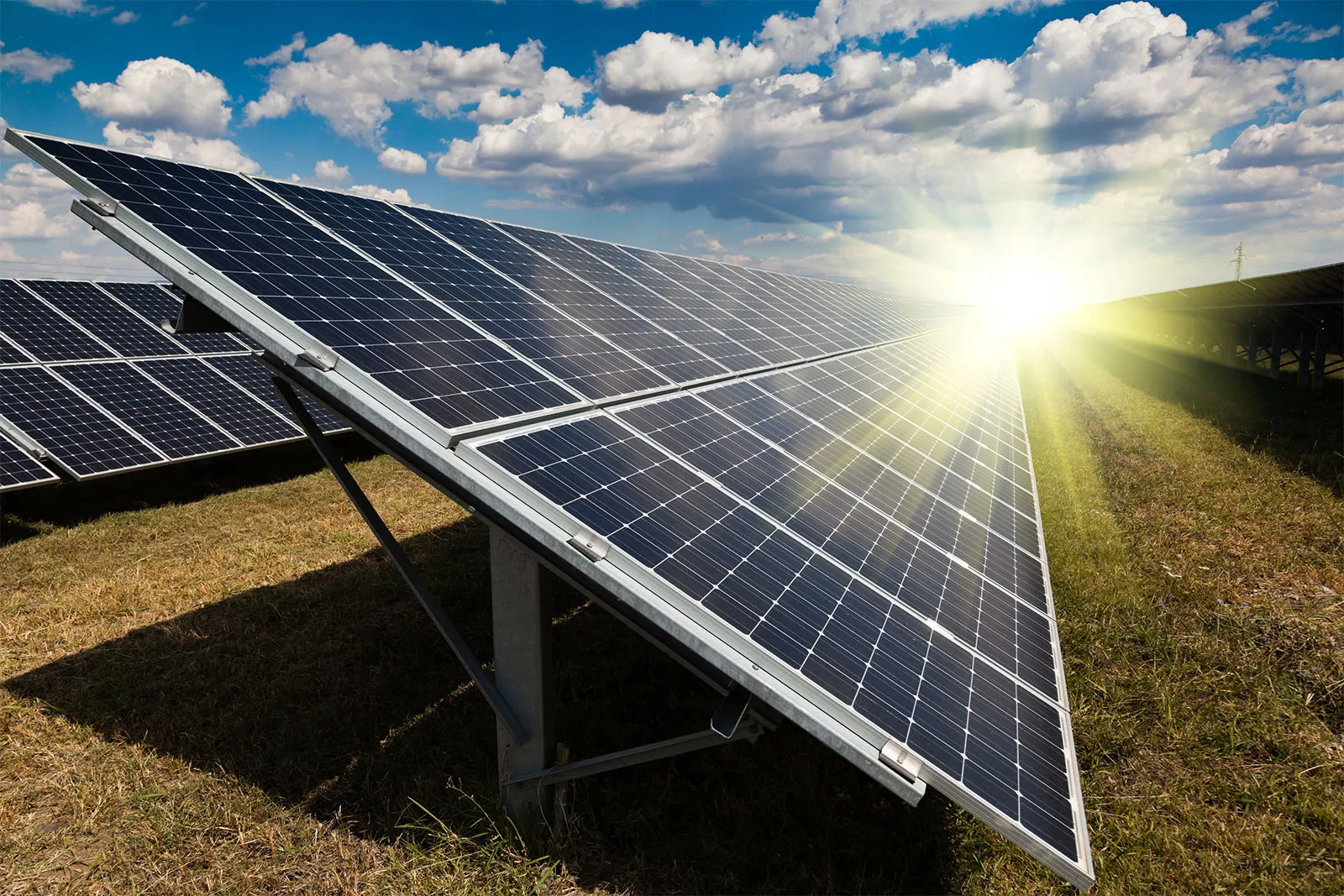Solar energy is becoming an increasingly popular choice for homeowners and businesses alike.
Understanding how solar works is essential as the world moves towards cleaner and more sustainable energy sources.
This article will explore the various benefits of solar energy, including how it helps you save money, and provide practical tips on ensuring your solar panels perform effectively even on cloudy days.
How Solar Works to Save You Money
One of the most significant benefits of solar energy is its potential to save you money on electricity bills. Here’s how solar works to reduce your energy costs:
Reduced Energy Bills
When you install solar panels, you produce electricity, decreasing your dependence on the grid. This results in reduced electricity expenses, particularly in sunnier months when your panels generate more power.
Net Metering
Many utility companies offer net metering programs, allowing you to return excess energy to the grid. This can further reduce your energy costs or even result in a credit on your bill.
Tax Incentives and Rebates
Governments and local authorities often offer tax incentives. They also offer rebates and grants. They do this to encourage solar energy adoption. These financial incentives can significantly offset the initial solar system installation costs.
Increased Property Value
Homes with solar energy systems typically have higher property values. Buyers see the long-term savings of solar energy. They make your property more attractive in real estate.
Environmental Benefits of Solar Energy
Beyond financial savings, solar energy offers several environmental benefits:
Reduction in Greenhouse Gas Emissions
Solar energy is a clean and renewable energy source that produces no greenhouse gas emissions during operation. By switching to solar, you reduce your carbon footprint and contribute to a healthier planet.
Conservation of Natural Resources
Unlike fossil fuels, solar energy does not deplete natural resources. The sun provides abundant energy. It is almost limitless. It reduces the need for mining and drilling. These activities harm the environment.
Reduction of Air and Water Pollution
Coal and natural gas are traditional energy sources. They produce air and water pollutants. These harm ecosystems and human health. Solar energy eliminates these pollutants, contributing to cleaner air and water.
Solar Panels Performance on Cloudy Days
One common concern about solar energy is how to ensure your solar panels perform on cloudy days. Solar panels generate the most electricity in direct sunlight. But, they can still produce energy under cloudy conditions. Here are some tips to ensure your solar panels perform optimally even when the weather is less than ideal:
Install High-Efficiency Panels
High-efficiency solar panels are made to capture more sunlight. They convert it to electricity, even in low light. Investing in these panels can improve your system’s performance on cloudy days.
Regular Maintenance and Cleaning
Dust, dirt, and debris can reduce the efficiency of your solar panels. Cleaning and maintaining your panels regularly keeps them working well. This is true in any weather.
Optimize Panel Placement
Proper placement of your solar panels can maximize their exposure to sunlight. Ensure they are installed at the correct angle and free from obstructions such as trees or buildings.
Use a Solar Battery System
A solar battery system stores excess energy generated on sunny days for use during cloudy periods or at night. This ensures a continuous power supply, maximizing the solar energy benefits.
The Economic Impact of Solar Energy
Solar energy not only benefits individual households but also has a positive impact on the broader economy:
Job Creation
The solar industry has grown a lot. It has made many jobs in making, putting up, fixing, and selling solar panels. This growth supports local economies and provides employment opportunities.
Energy Independence
By adopting solar energy, countries can reduce their dependence on imported fossil fuels. This improves energy security. It also stabilizes energy prices. This helps both consumers and the economy.
Stimulating Innovation
The demand for solar energy drives innovation in technology and infrastructure. Advances in solar panel efficiency, energy storage solutions, and grid integration contribute to a more robust and resilient energy system.
How to Get Started with Solar Energy
If you’re considering switching to solar energy, here are some steps to get started:
Assess Your Energy Needs
Determine your household’s energy consumption and evaluate how much of it you want to offset with solar energy.
Consult with a Solar Expert
Reach out to a reputable solar energy provider for a consultation. They can assess your property’s suitability for solar panels and provide a customized quote.
Explore Financing Options
Research financing options, including loans, leases, and power purchase agreements (PPAs). These options can make solar energy more affordable by spreading out the solar system installation costs over time.
Check for Incentives and Rebates
Investigate available tax incentives, rebates, and grants in your area. These can significantly reduce the overall cost of your solar energy system.
Schedule the Installation
Once you’ve chosen a provider and financing option, schedule the solar system installation of your solar panels. The process typically takes a few days, depending on the system’s size and complexity.
Future Trends in Solar Energy
The future of solar energy looks promising, with ongoing advancements and trends shaping the industry:
Improved Efficiency
Researchers are continually working on improving the efficiency of solar panels, allowing them to generate more electricity from the same amount of sunlight.
Energy Storage Innovations
Advances in battery technology are making solar energy storage more efficient and affordable. This development ensures a reliable power supply even when the sun isn’t shining.
Smart Grid Integration
Smart grid technology enables better integration of solar energy into the existing power grid. This enhances grid stability and allows for more effective management of energy resources.
Community Solar Projects
Community solar projects allow multiple households to share the benefits of a single solar energy system. These projects make solar energy accessible to those who cannot install panels on their property.
The Long-Term Benefits of Solar Energy
Solar energy is a powerful and sustainable solution that offers numerous benefits. Understanding how solar works is key to appreciating its potential for saving money and protecting the environment.
By investing in solar energy, you can reduce your energy bills, increase your property’s value, and contribute to a cleaner, healthier planet. With proper maintenance and strategic placement, your solar panels will perform effectively even on cloudy days, ensuring you reap the maximum benefits of this renewable energy source.








